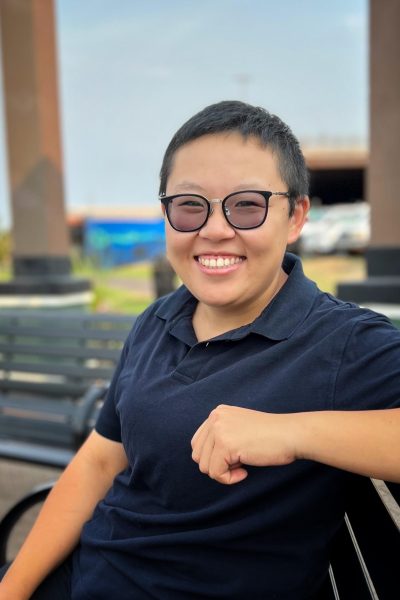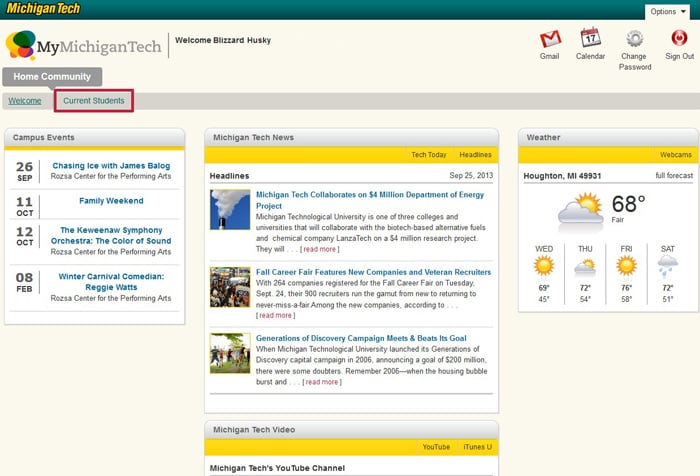I am currently a Postdoctoral Research Scientist at Columbia University and Memorial Sloan Kettering Cancer Center. I obtained my Ph.D. degree in the Department of Mathematical Sciences in Spring 2023. My advisor is professor Qiuying Sha. Prior to joining MTU, I obtained a Master’s degree in System Theory from the School of Systems Science at Beijing Normal University (2018) and a Bachelor’s degree in Statistics from the Department of Mathematical Sciences at Heilongjiang University (2015).
My research is in statistical genetics. I focus on the development of novel statistical methods and efficient bioinformatical tools to find genetic variants or genes related to complex diseases and traits. My thesis title is “Statistical methods for gene selection and genetic association studies”. One of my main projects in my thesis is incorporating the genotype and phenotype association network to simultaneously analyze multiple phenotypes and multiple genotypes and improve the power to identify genes that are associated with complex diseases by using the constructed network. I also work on serval collaborative interdisciplinary projects falling in statistical genetics, RNA sequencing data analyses, clinical statistical problems, etc.
I would like to express my deepest gratitude to my advisors Professor Qiuying Sha and Professor Shuanglin Zhang for all of their valuable guidance and support through my PhD journey and beyond, and I am extremely grateful to the graduate program in Math Department for their constant help and generous support throughout my entire graduate school studies I also want to thanks to Dr. Kui Zhang, Dr. Weihua Zhou, and Dr. Hairong Wei for their endorsement and support with several professional projects in my thesis. Thank you all for your support and for endorsing this nomination.


